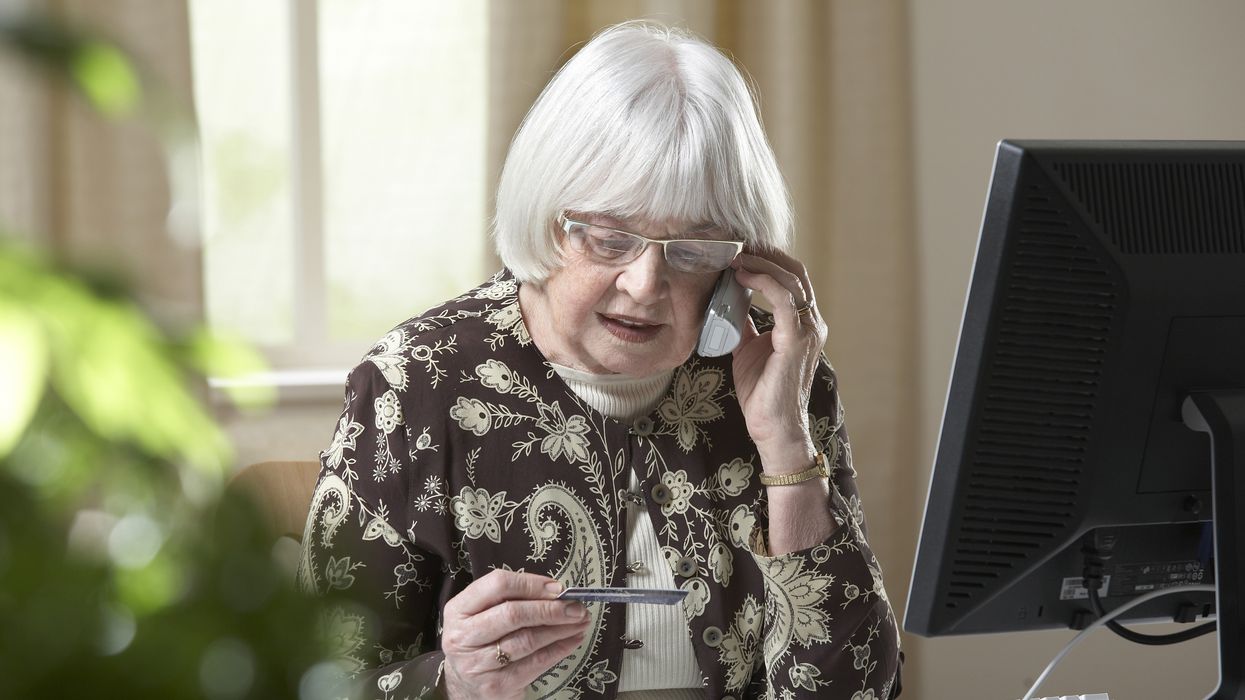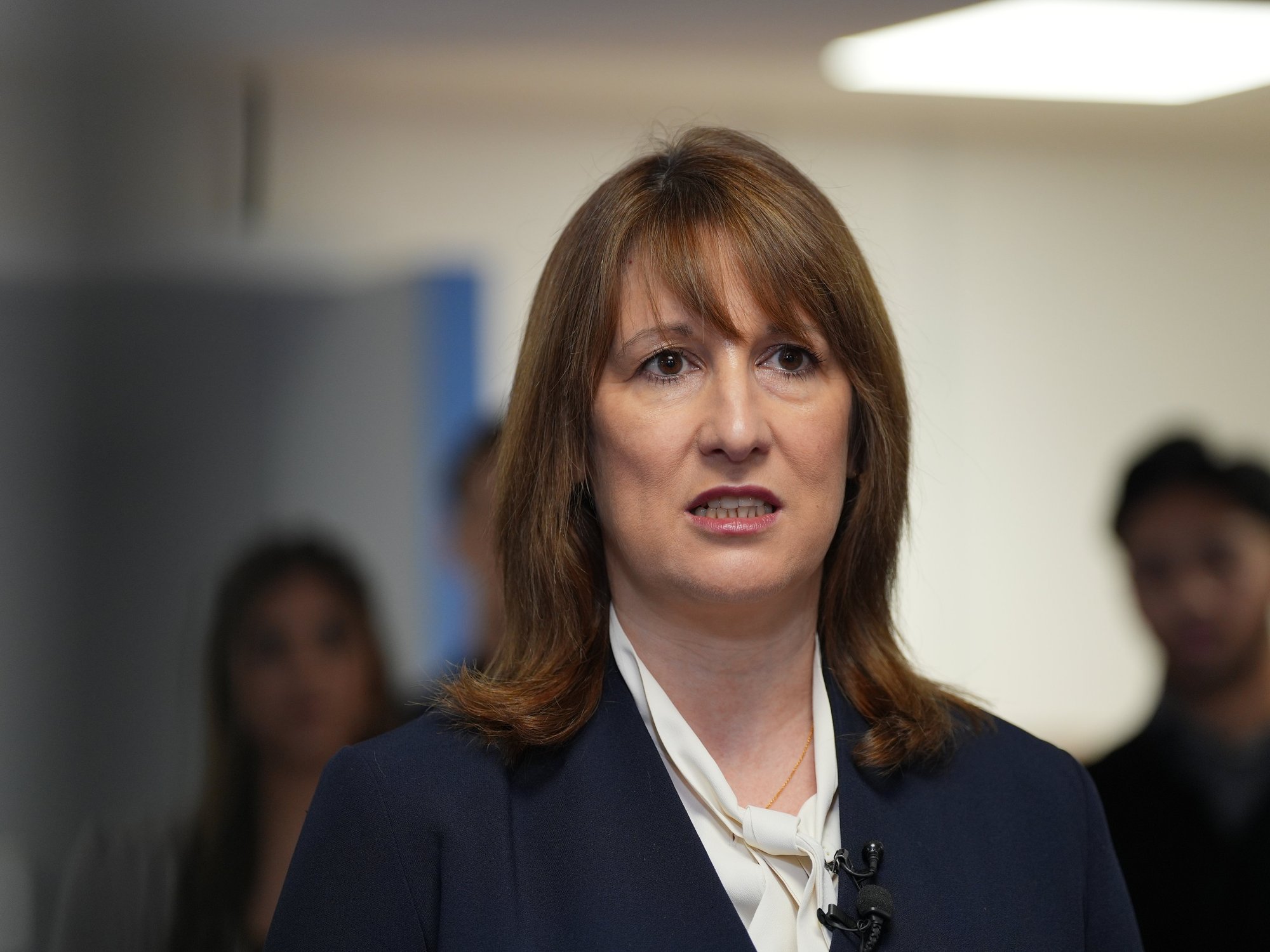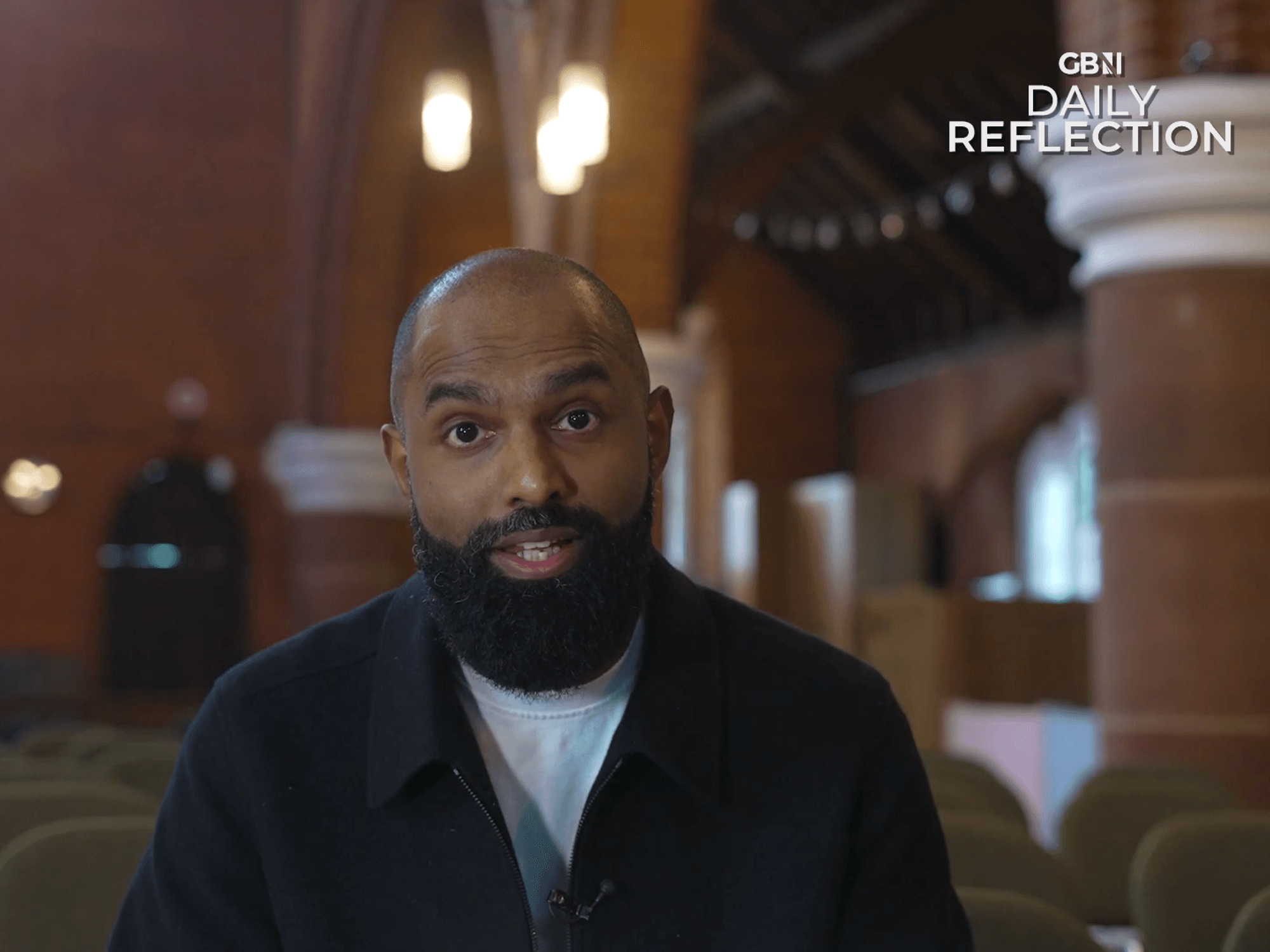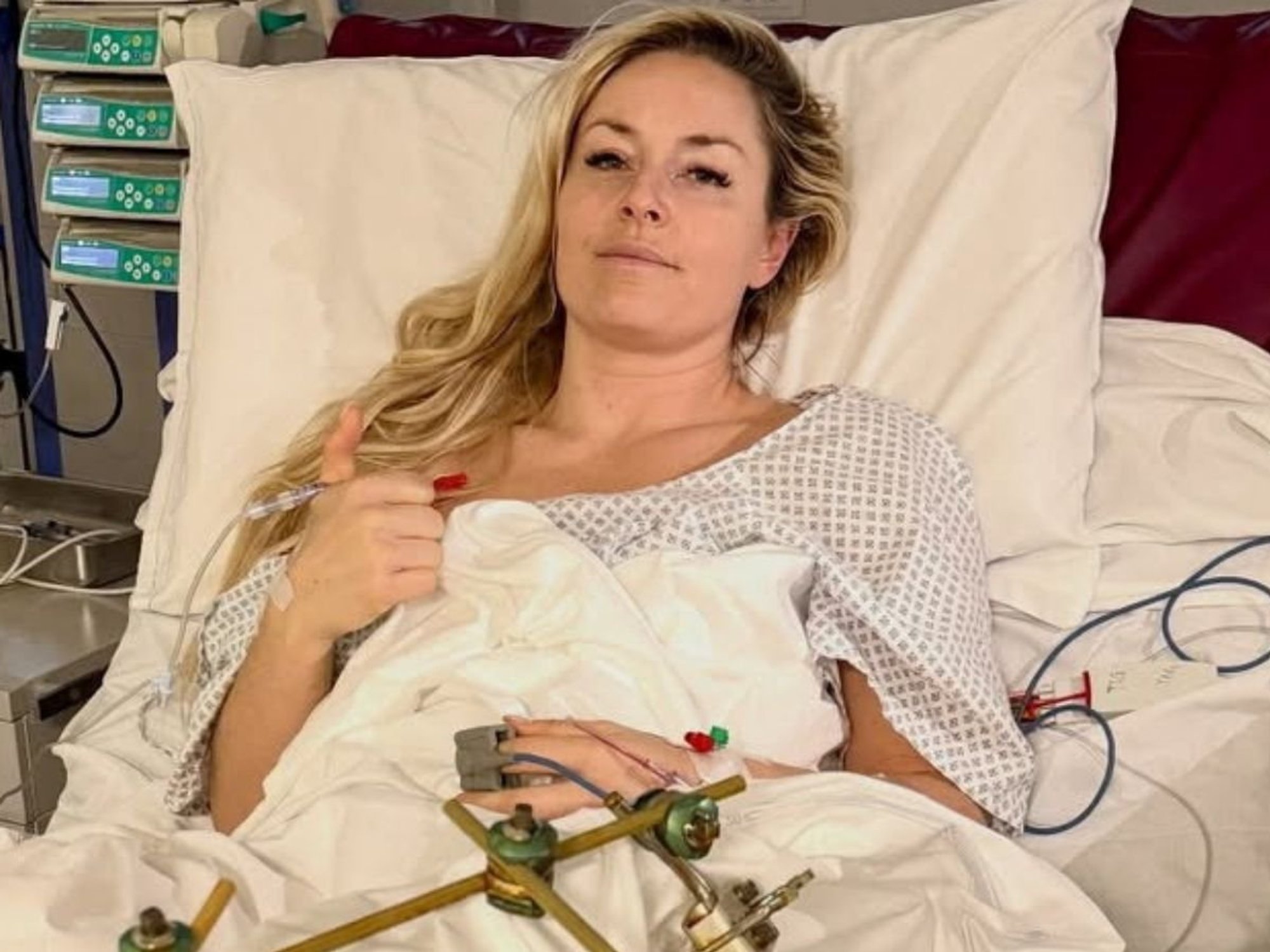Pensioners warned ‘it’s time to do the £93.60 test’ and check for state pension underpayments

Pensioners who think they are being underpaid the state pension are being urged to act
|GETTY

Britons are being encouraged to do a simple check to see if they are getting the right amount of state pension this New Year
Don't Miss
Most Read
Pensioners are being urged to check if they are getting the correct amount of state pension, to ensure they haven’t been missing out due to errors.
The Department for Work and Pensions (DWP) claims to have completed the process of checking for errors for key groups of state pensioners affected - married women and the over 80s.
Steve Webb, LCP partner, said married women or a descendant of a married woman who believes they are being underpaid should contact the DWP now.
The pension system has sometimes failed to deliver the correct pension to over 80s and married women, and the DWP has been undertaking a major correction exercise since 2021 to fix errors.

Steve Webb said people who think they could be being underpaid their state pension should contact the Pension Service
|LCP
As of the end of October 2023, the DWP said it had corrected underpayments for around 37,000 married women and 27,000 over 80s, paying out arrears totalling more than £270million.
The DWP said it expected to complete all corrections for these two groups by the end of 2023, and according to Sir Steve, it means anyone in these two groups still on the wrong rate of pension is unlikely to be contacted by DWP hence would need to take action.
The DWP told GB News on Friday that they have now reviewed more than 590,000 cases as part of the exercise and completed the "vast majority" of Cat BL and Cat D cases as planned. The DWP said there was a "small number" of cases where the department is awaiting further information from a customer or third party, and these would be cleared on receipt.
The exact rules depend on whether a person falls under the basic or new state pension system, but Sir Steve suggests married women (with a husband on a full basic state pension) or an over 80 whose state pension is less than £93.60 per week should now be asking to get their entitlement checked.
Sir Steve said: “Now that the DWP has finished checking for state pension errors among married women and the over 80s, anyone still on a low pension needs to take action.
“The ‘magic number’ is £93.60 per week. The vast majority of pensioners should be getting at least this amount.
“Anyone on less than this amount needs to contact the Pension Service to see if an error has been made and/or if they need to put in a further claim to get the higher rate. The New Year is an ideal time to get this sorted once and for all.”
Basic state pension
For people who reached state pension age before April 6, 2016 and come under the old “basic” state pension system, there are two groups who should be getting a state pension of £93.60 per week or more, Sir Steve said.
These are:
- Anyone aged 80 or over who satisfies a basic residence test; they are entitled to a pension of £93.60 a week regardless of their record of NI contributions, their income or their marital status;
- Married women with a husband over state pension age; if the husband has a full basic state pension then the wife can claim a ‘married woman’s pension’ of £93 per week; the same also applies in the (less common) case where it is the husband who has a low pension in his own right and the wife has a full basic pension.
However, for the second group, where the husband is on less than a full basic pension (currently £156.20 per week) because of gaps in his record, his wife’s ‘married woman’s pension’ would be scaled down accordingly.
Regarding the over 80s group, there are two scenarios:
- Anyone who was getting some rate of the basic state pension but short of the £93.60 standard rate should have been automatically upgraded to the £93.60 rate when they turned 80.
- Anyone who wasn’t getting any basic state pension when they turned 80 became entitled to the £93.60 rate but only if they put in a claim.
For married women, there are also two scenarios:
- Married women with a pension below the £93.60 rate, and whose husband reached pension age on or after March 17, 2008, an increase to £93.60 was available, should have seen their state pension increase automatically.
- Married women with a state pension below £93.60 and whose husband reached pension age before March 17, 2008 were able to get an increase to £93.60, but they had to make a further state pension claim to get it.
LATEST DEVELOPMENTS:
Sir Steve said individuals who get a state pension payment of less than £93.60 per week should make sure that they have put in a claim for it if necessary.
New state pension
Broadly speaking, anyone with 16 or more years of National Insurance contributions or credits should get a state pension of £93 or more. This is because 16/35 of the full rate of £203.85 is £93.18 per week.
If a person has a state pension which is less than this amount, it may be because National Insurance credits for years spent at home with children are missing. These were formerly known as Home Responsibilities Protection (HRP).
Sir Steve said these individuals should claim missing National Insurance credits using the CF411 claim form, and if added to their National Insurance record, it should increase the weekly payment and generate a payment of arrears.
Women who were paying the “married woman’s stamp” 35 years before they reached state pension age qualify under a special concession and qualify for a £93.60 pension.
However, Sir Steve said it was important to challenge this if individuals are not getting this.
A DWP spokesperson said: “The action we are taking now is correcting historical underpayments made by successive governments.
“Our priority is ensuring pensioners receive the financial support to which they are entitled and we have set up a dedicated team and devoted significant resources towards completing the correction exercise."










